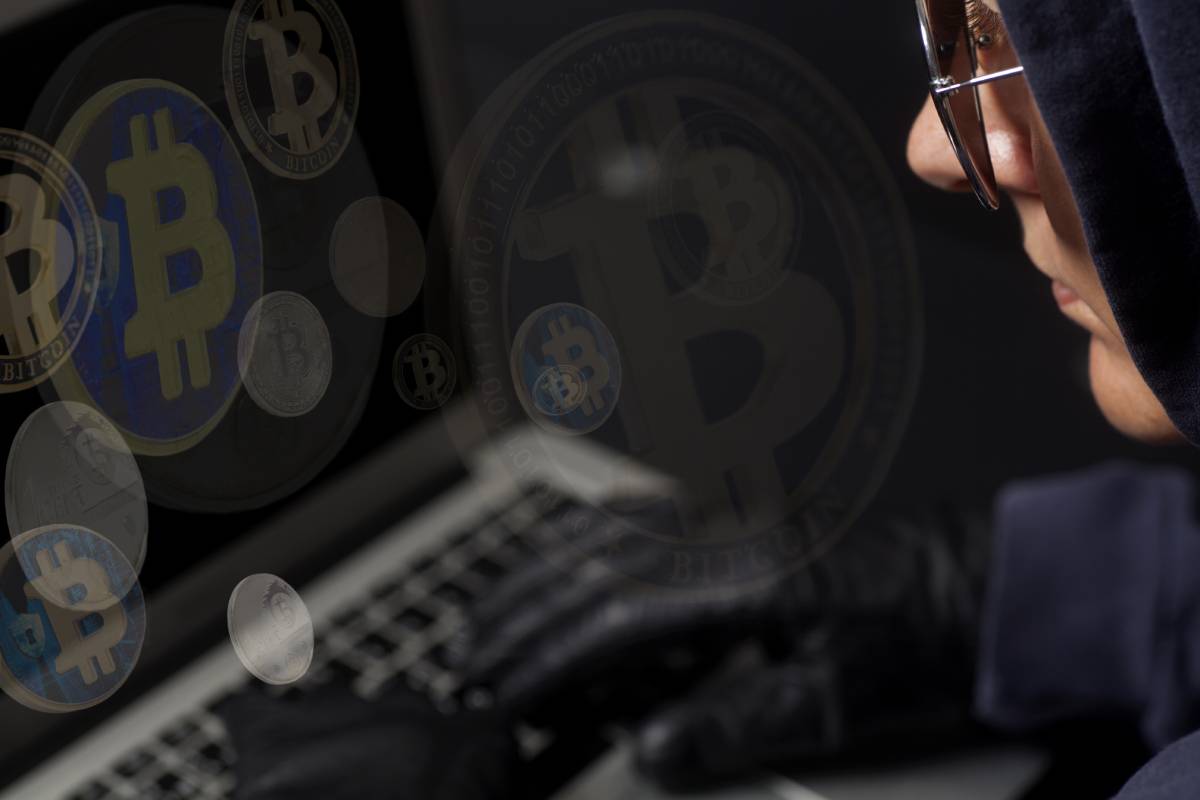Crypto scams have increased 1,000% in nine months as of July 2021. This may sound like a hyperbole, but the data is from the Federal Trade Commission. Some people blame the pandemic and economic insecurity on this rise in crypto scams, but many cybercriminals have use these digital currencies because they believe transactions are anonymous.
Although the blockchain records all transactions publicly, they are not linked to names. This has led to a “Wild, Wild West” image connected to cryptocurrencies. People assume that anonymity means a free-for-all and that cryptocurrency transactions can’t be policed. However, these assumptions are incorrect and more crypto scams and fraudsters are being uncovered every day.
From the 17 year old who hacked Twitter to cheat users of bitcoin to the Colonial Pipeline ransomware attack, law enforcement including the FBI are tracking down these cyber criminals. Presumably, these scammers would not have taken the trouble to mastermind these scams if they thought they would get caught, but law enforcement uncovered their tracks.
It is important for people who have suffered from crypto scams to not stay silent. They should immediately file a complaint and fight for fund recovery. Those who have been targeted should not allow defeatism to creep in but should realize that in many cases, funds can be recovered. Broker Complaint Registry guide clients to experts who can help them recover from crypto scams.
Broker Complaint Registry is the right place to turn when you have lost money as a result of crypto scams, forex trading scams, and other forms of fraud. We consult with clients and refer them to experts who can pursue their cases in detail and work to investigate the hackers or the broker, and in many cases, succeed in fund recovery. Talk to us today, and we can provide guidance on how to deal with the claim.
Catching the Teen Twitter Hacker
From ripping people off on Minecraft at the age of 16, Graham Clark moved on to using social engineering scams to trick Twitter employees into providing him access to devices and then hacking into 100 high-profile accounts, including those belonging to Barack Obama, Bill Gates and Elon Musk.
From there, Clark launched another social engineering scam that offered users a nebulous deal to double their bitcoin. Instead, he kept their bitcoin and was caught after only a few hours. The Twitter hack was not Clark’s first rodeo, but it was the largest in scale. However, the scam was quashed after just a few hours, and, for all of these efforts, he managed to grab only $118,000 worth of bitcoin from his large-scale hacking. Much of this bitcoin can be returned to owners.
The mistake Clark made was he apparently felt invincible. He became notorious on Minecraft for peddling fake goods to other gamers and keeping their bitcoin. Clark was also suspected of being involved in another crypto scam that defrauded consumers of $856,000, but he was not charged.
However, he didn’t realize that authorities knew his name and were on his trail. In addition, Clark and his accomplices were caught with cooperation from Discord, Coinbase, and Twitter when they noticed irregular activity. These platforms do not want to harm their reputation by not acting fast on suspected crypto scams and of course are bound to cooperate with the FBI.
Discord presented the FBI with records of chats between the accomplices. Coinbase, which spotted signs of a crypto scam and shut it down from receiving an additional $280,000 in bitcoin handed the bitcoin codes to the FBI and from there they, officials were able to connect the bitcoin to the identity of the hackers.
This flies in the face of the common view that cryptocurrency can’t be traced. As a result, Graham Clark and his accomplices Mason Shepherd, 19, Nima Fazeli, 22, face 30 felony charges in Flordia. Clark may have gotten away with crypto scams scott-free at one point, but no more.
Following the Money in the Colonial Pipeline Ransomware Affair
The Colonial Pipeline affair was a ransomware attack that interfered with fuel supplies in the Northeast. It was one of the largest pipelines in the United States and to avoid a fuel crisis, Colonial paid a ransom of $4.4 million in bitcoin or 75 bitcoin to restore service.
Many people were upset at the payment of this ransom because they believed that the cryptocurrency that was paid out would be impossible to trace. However, the FBI has recovered $2.7 million of the lost bitcoin just weeks after the incident.
The expression “follow the money” works for tracking down many types of scams, and that includes crypto scams. The authority the FBI holds and improved technology of fund recovery professionals has made it easier to track down cryptocurrency transactions and crypto frauds.
How Authorities Uncover Crypto Scams
The weight and authority that the FBI and Interpol have enable them to subpoena records from companies. In the case of the Colonial Pipeline ransomware crime, the FBI obtained cryptocurrency records, was able to identify the bitcoin wallet that was involved in the transaction, and requested a court order to gain access to the bitcoin codes.
In the case of the Twitter hack, the cooperation of Discord, Coinbase, and Twitter with the FBI revealed the identity of Graham Clark and his accomplices. If authorities can track down crypto scams in major frauds such as the Twitter and Colonial Pipeline crimes, fund recovery companies and law enforcement can improve their clients’ chances of getting their money back.
Have You Been the Target of crypto scams? Broker Complaint Registry Will Help
Contact Broker Complaint Registry experts if you need assistance with a complaint relating to scams. We deal with a variety of issues, including data theft, forex scams, and crypto scams. Our team will refer you to experts who have vast experience dealing with regulators, banks, and law enforcement. We will provide advice and give you valuable guidance to help you resolve the issue.









